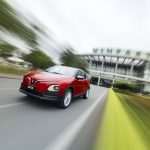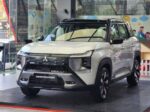Honda Thailand has announced plans to cease automobile production at its Ayutthaya plant and consolidate all assembly operations at its expanded Prachin Buri facility to enhance its electric vehicle manufacturing capabilities.
Honda’s new strategy aims to address excess capacity and focus resources on its electric vehicle business in Thailand, amid intensifying competition from Chinese rivals.
The two Honda plants in Prachin Buri and Ayutthaya have a combined annual capacity of 270,000 units but only produced about 150,000 vehicles last year. Honda stated that production operations at the Ayutthaya plant will halt next year, and the facility will be restructured for parts manufacturing.
Honda manufactures the Civic, Accord, CR-V, HR-V, and City models in Thailand, with most models offering hybrid and internal combustion engine variants. Honda and other Japanese automakers have faced competition from Chinese electric vehicle manufacturers like BYD, while a decline in exports to India from Thailand also influenced this decision, according to a Honda spokesperson.
“We haven’t seen the growth in the Thai auto market as we expected,” the spokesperson said. “We want to focus more on electric vehicles, including both EVs and hybrids, and make our production process more efficient.”
The Federation of Thai Industries (FTI) stated that the company has committed to maintaining its current production volume, despite increasing competition in a stagnant local economy.
Surapong Paisitpatanapong, FTI Vice Chairman, commented: “Chinese electric vehicle manufacturers are changing the global industry, forcing Japanese automakers to respond competitively.”
In addition to pure electric vehicles, Honda is also focusing on developing its hybrid lineup. The company stated that hybrid vehicles are expected to account for up to 70% of Honda’s total revenue this year, up from 32% in 2022.
In 2021, Honda Thailand declared that it would devote all its resources to hybrid and pure electric vehicles, aligning with the strategy of its parent company in Japan. Honda aims for 100% of its sales by 2040 to be electric and hybrid vehicles, essentially becoming an electric-only brand.
Thailand has set a target for pure electric vehicles to account for 30% of the country’s total automotive output by 2030. The Thai government has introduced numerous strategies and attractive incentives for electric vehicles, encouraging businesses to invest in production and motivating citizens to switch to electric cars and motorcycles.
Last week, BYD opened an electric vehicle manufacturing plant in Thailand, as part of a wave of investments totaling over $1.44 billion from Chinese electric vehicle makers in the country.
Thai Son (Tuoitrethudo)
References: Bankokpost





























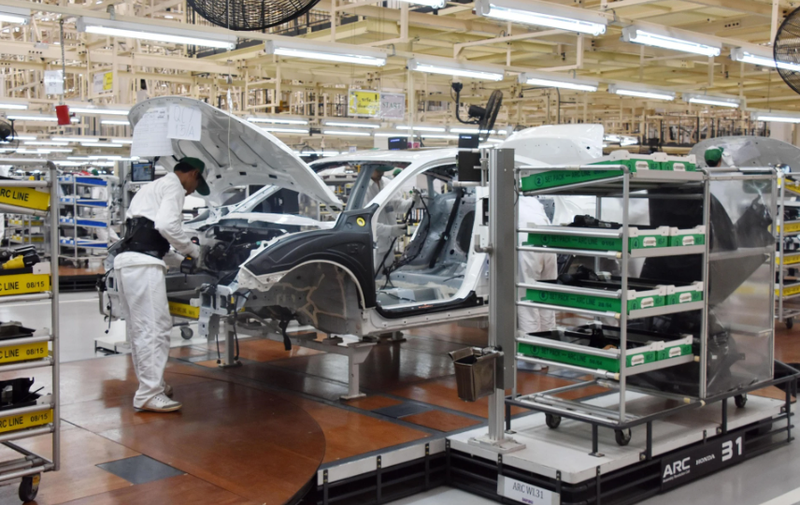
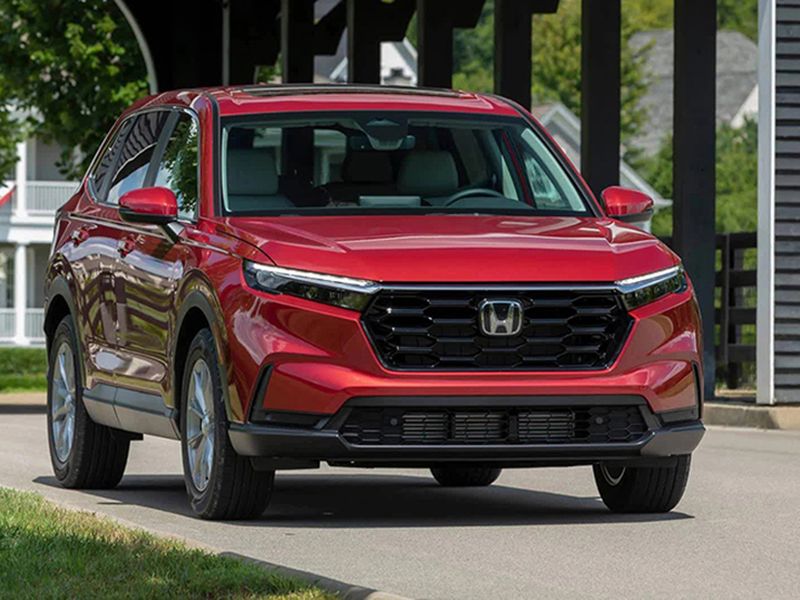
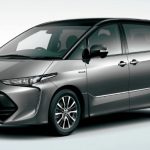
![[Quick Review] Hyundai IONIQ 5 – A Vehicle from the Future](https://vnauto.net/wp-content/uploads/2023/10/xehay-hyundaiioniq5-18052022-2-150x150.jpg)

